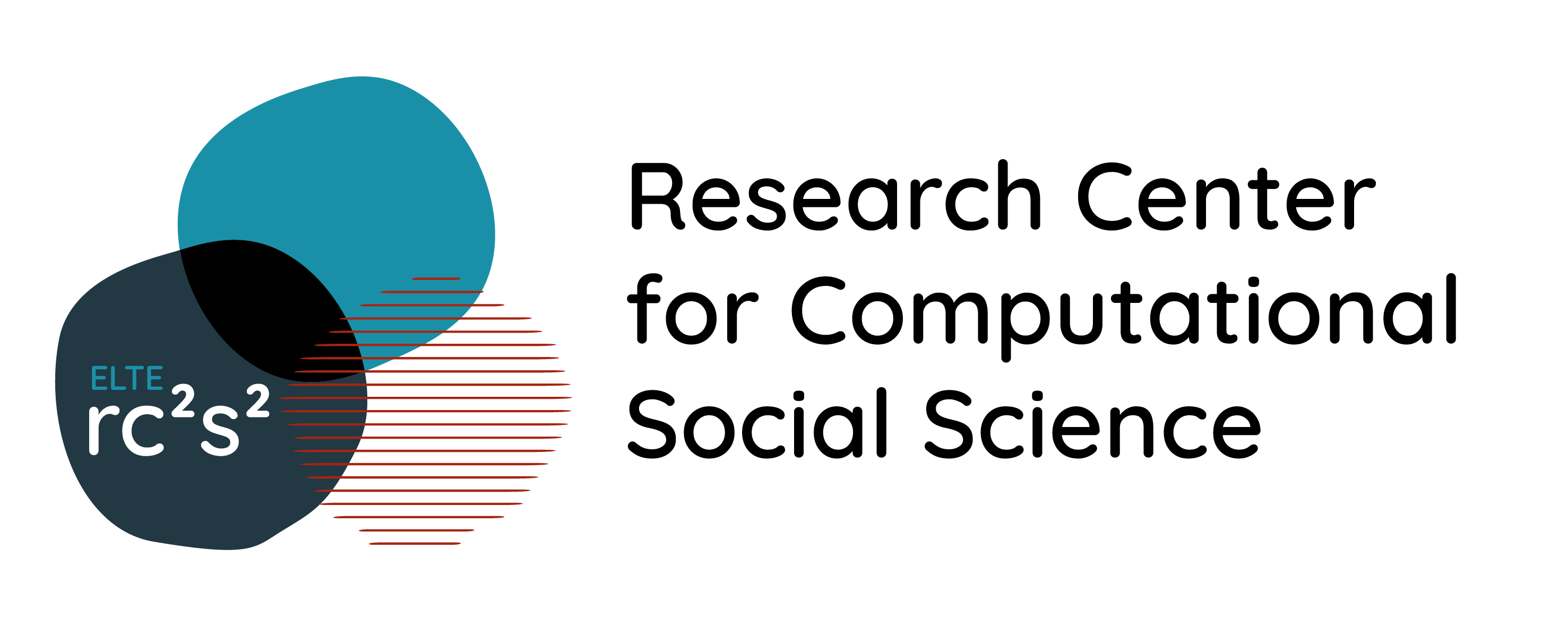MSc Program
Our MSc Program in Survey Statistics and Data Analytics, run by the Department of Statistics, is in the 10 most popular among the 110+ master programs of our university. Beside classic social research methods, the curriculum contains network analysis, text analytics, data mining methods, different statistical program packages and programming languages, that students need in scientific, business or public administration fields. At the moment, the program runs in Hungarian.
Courses
Members of our research group teach courses in general social research methods for almost all of our programs at the Faculty of Social Sciences. Below we listed the CSS-related ones.
Jakab Buda, Eszter Katona, Márton Rakovics: Text analytics
The course aims to provide an overview of the basic concepts and main areas of text analytics and natural language processing. After completing the course, students will be able to understand articles and to design and carry out simple natural language processing projects.
Eszter Katona: Data visualization (Sociology BA)
The aim of the course is to learn about data visualization techniques and to gain experience in visualizing data. During the course, students will build on the basic knowledge acquired in their previous methodological studies and will become familiar with simple and complex data visualization techniques. A strong emphasis is placed on practical orientation. In addition to the primary objective of the course, it is important to foster group work and critical thinking.
Eszter Katona: Introduction to Python (Survey Statistics and Data Analytics MSc)
This course is an introduction to Python programming. The goal for students is get familiar enough with Python to be able to use it as a tool for all the statistical modelling and data analysis tasks in more advanced courses.
Márton Rakovics: R-programming (Survey Statistics and Data Analytics MSc)
This course is an introduction to R programming, but the fundamentals are applicable to almost any other current functional, object oriented programming language. The goal for students is get familiar enough with R to be able to use it as a tool for all the statistical modelling and data analysis tasks in more advanced courses.
Renáta Németh, Annamária Tátrai: Comparative social research
This course covers the methodological tools that ensure the validity of comparisons in comparative research. We will analyze (in SPSS) and visualize (using Tableau) databases of international research, with comparative analyses focusing on the interpretation of the results of the analyses. We focus on two factors: data collection (design) and data analysis (logic of statistical tools). Accordingly, we will discuss the basic principles of international comparative studies (e.g. standardization in all aspects of data collection) and the analytical models that can be used for these cross-country comparisons. We also address the problem of comparisons over time.
